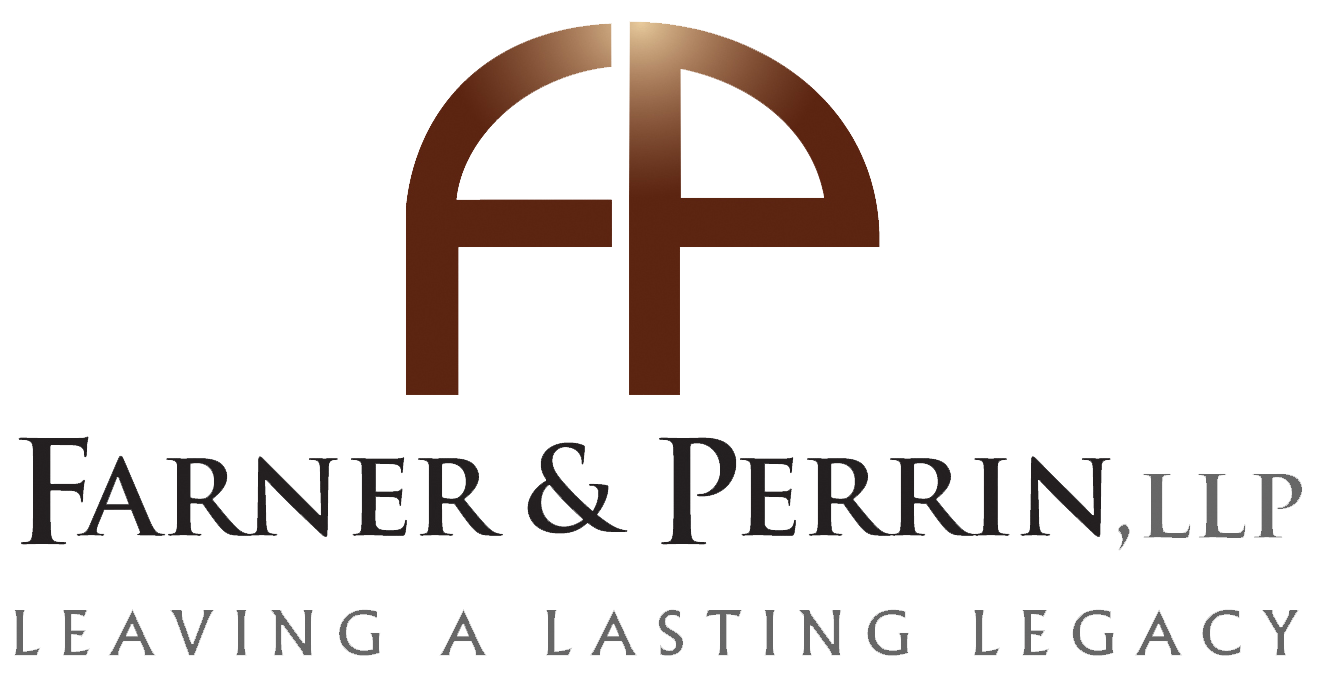 Many of our clients innocently create accounts, and even hold real property, in ways that circumvent their Will plan. In the best case, this might mean more taxes or sacrifice non-tax trust protections. In the worst case (and the examples are legion), this results in an ugly family fight, even litigation.
Many of our clients innocently create accounts, and even hold real property, in ways that circumvent their Will plan. In the best case, this might mean more taxes or sacrifice non-tax trust protections. In the worst case (and the examples are legion), this results in an ugly family fight, even litigation.
A Will is one of the most important documents you’ll have to prepare in your life – and can affect your friends, family, and loved ones once you pass away. But what exactly is a Will? Why make a will? And more importantly, how do you make a Will? Read on to learn more about the Will-making process, from deciding on your executors to physically writing your Will.
Why so much emphasis on the style of ownership? Simply put, it matters. It defines to whom your asset passes upon your death. If you create a joint-tenancy-with-rights-of-survivorship account (“JTWROS”) or pay-on-death bank account (“POD”) or transfer-on-death brokerage account (“TOD”), you are undertaking to direct that account’s disposition when you die. And this may well be inconsistent with your Will plan. Even beyond those designations that are governed by specific statutes in the Texas Estates Code, some of the mega-financial institutions (Fidelity and Schwab to name a couple) have created their own version of accounts to “avoid probate.” These are often referred to by them as “beneficiary-designated” accounts, and they are touted by the institution as a way to avoid probate and have your heir(s) obtain easy access at your passing.
To be sure, avoiding probate has a superficial allure to it. But recall that Texas probate is one of the most (if not the most) streamlined probate processes in the country. In approximately the same time it takes to secure a death certificate (which is the legal documentation required to access all of the above type accounts), one can secure “letters testamentary” as executor under Texas law (at least in most counties), allowing that executor to access all probate accounts.
Why then do these institutions tout these types of “non-probate” accounts? Some people suggest they are focused on the retail customer, who does not have trust planning and tax planning objectives. Others, more jaded perhaps, sense that the institution is looking out as much for their own protection, not interested in getting ensnared in a potential Will contest that could conceivably affect probate accounts.
Whatever their motivation, we emphatically urge our clients to default to avoiding these non-probate type accounts, unless we specifically approve them in the overall estate plan. Take John and Mary who are married and have Wills that create trusts for the surviving spouse upon the first death (in part for tax planning, and in part to protect from a second marriage). If John has a beneficiary-designated account that passes outright to Mary upon his death, he has sacrificed the trust protections as to that account. On the other hand, if his Will passes his estate in full to Mary, such an account would not be detrimental.
Consider the children of a widowed client of ours who are to share the estate equally under her Will. One of the children, let’s call him Don, is Mom’s agent under her power of attorney and is the point person for helping with her financial affairs in her declining years. Mom set up a joint account with Don years ago, so he could sign checks and handle funds. The account was styled “JTWROS.” Don now sells Mom’s home and places the sale proceeds in the JTWROS account. Mom later dies, and the proceeds of the home appear to pass to Don on the face of the account, but has he perhaps breached his fiduciary duty by redirecting those from her Will to himself? Possibilities here: Don shares these funds equally with his siblings (has he made a taxable gift by doing so?). Or, perhaps a family feud ensues. Worst case of all, the parties polarize and a lawsuit absorbs a good portion of these funds.
What about the new Texas law that allows a “transfer-on-death-deed”? Similar concerns arise, in that the superficial allure is to streamline matters upon death of the property owner, when indeed this could well complicate matters instead. As its name suggests, the transfer-on-death deed is a deed under which “Mom” retains her ownership in the real estate in question for life, but [revocably] directs its disposition in the deed as of her death. If Mom names two or more beneficiaries on such deed and one predeceases her, that share passes through Mom’s Will. Say she names Peter and James, both of whom have children, but Peter predeceases her. Peter’s share passes through her Will, which probably provides 50% to James and 50% to Peter’s children. Now, this means James is getting his half from the deed and another 50% of the remaining half via Mom’s Will; Peter’s children suffer by 25%, unintentionally. Moreover, these “TODD” deeds, while conceived to simplify matters at death, might stall a sale (and even require a court proceeding) if a title company is concerned about potential creditor issues until the “claims” period expires; this is not an issue when the real estate passes through the probate process.
All in all, strategies that appear to be a “magic pill” need to be vetted with your estate planning attorney, given the particularities of your estate plan, and we at Farner & Perrin are here to do just that. Let us know when questions arise around these types of issues and we will help you navigate them.
